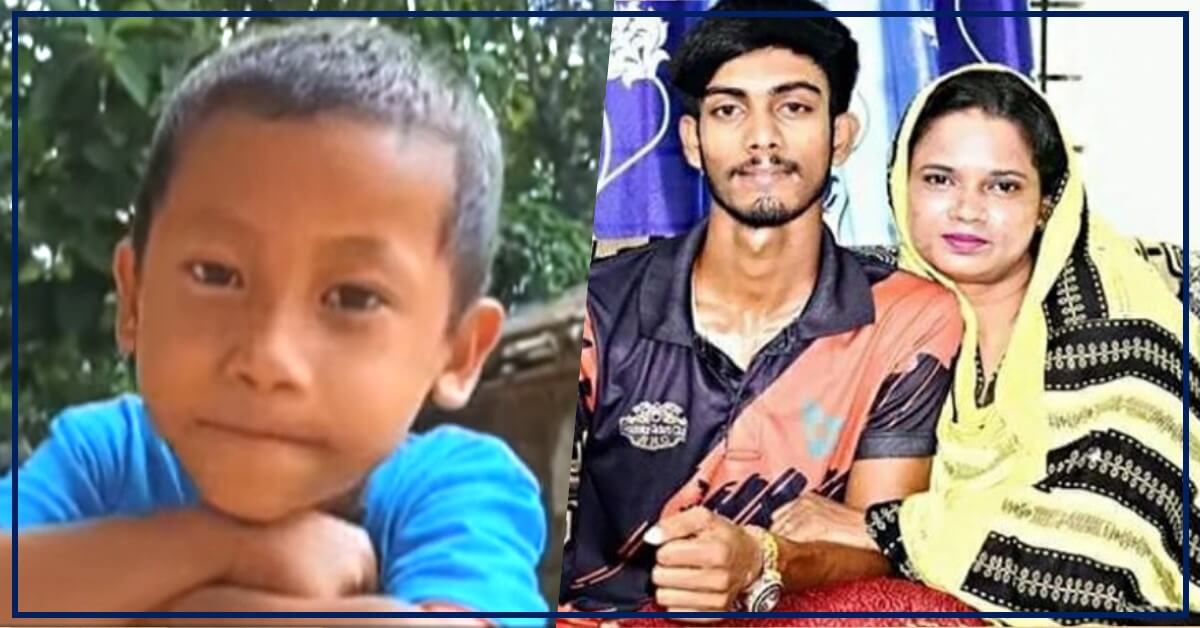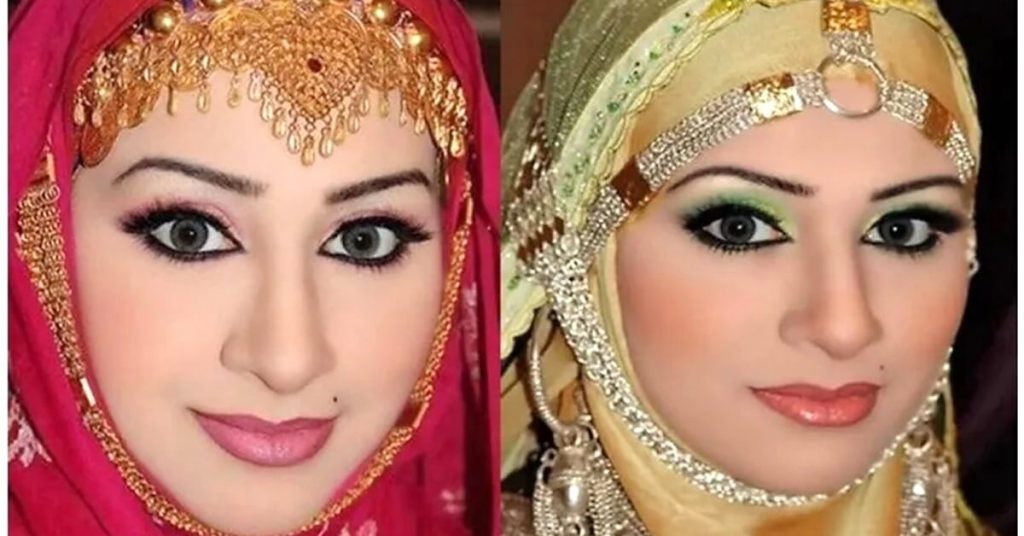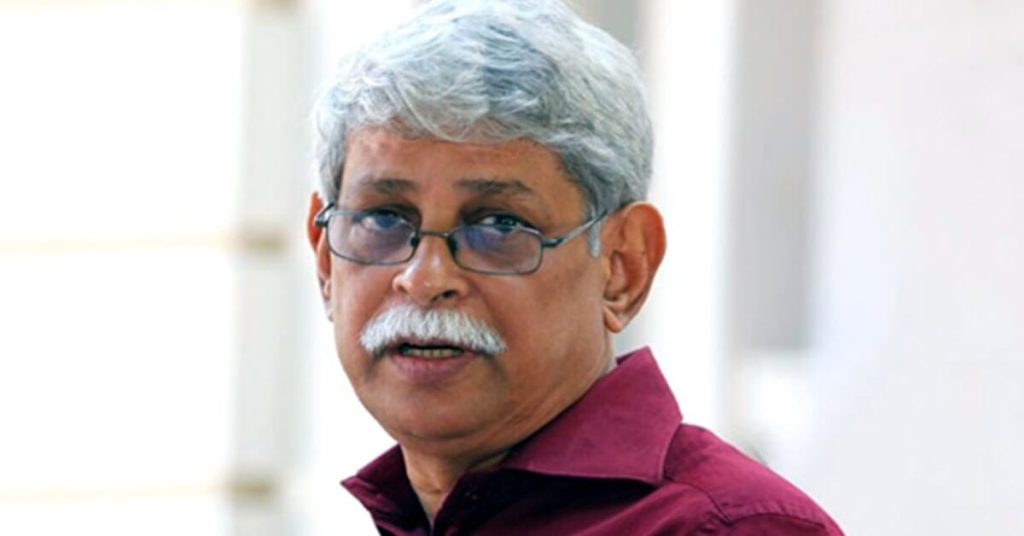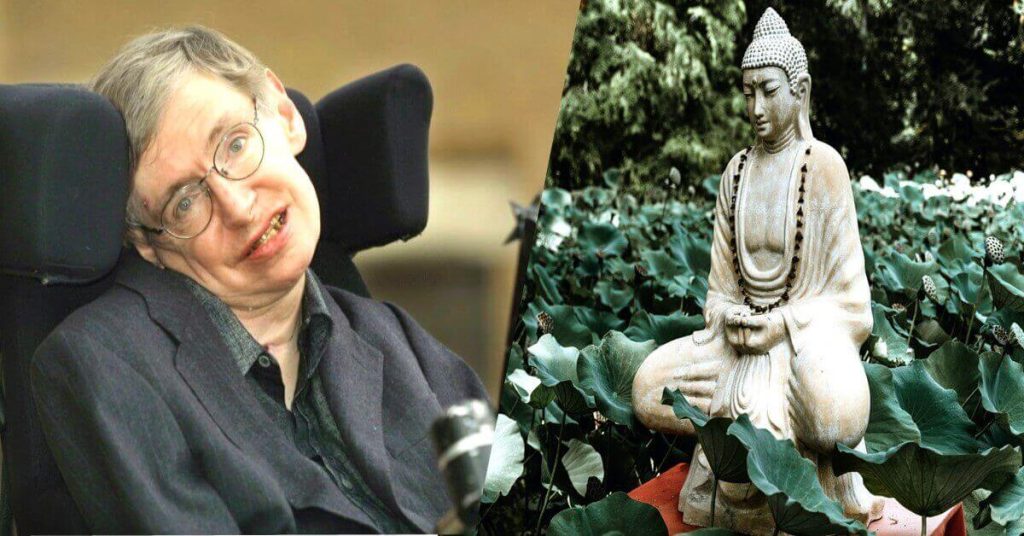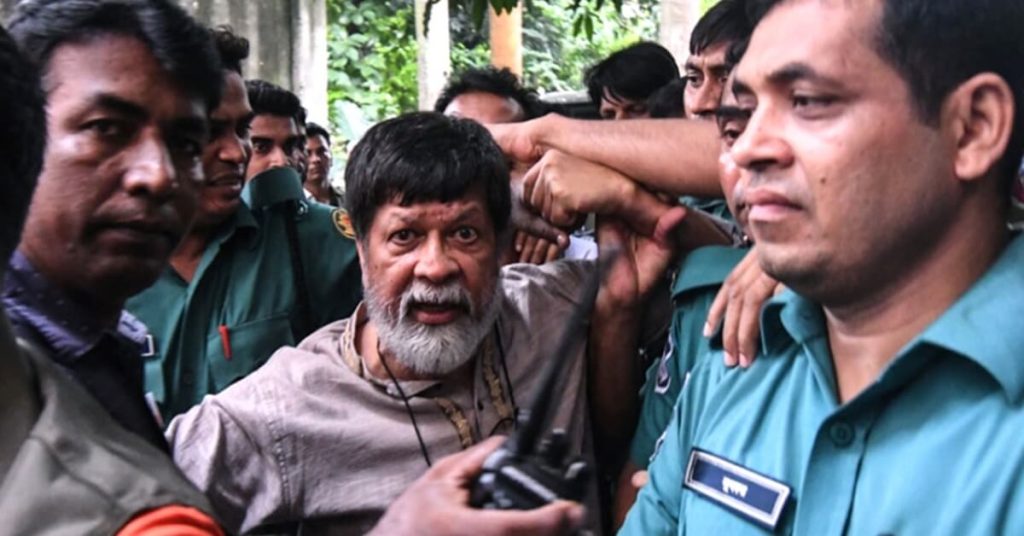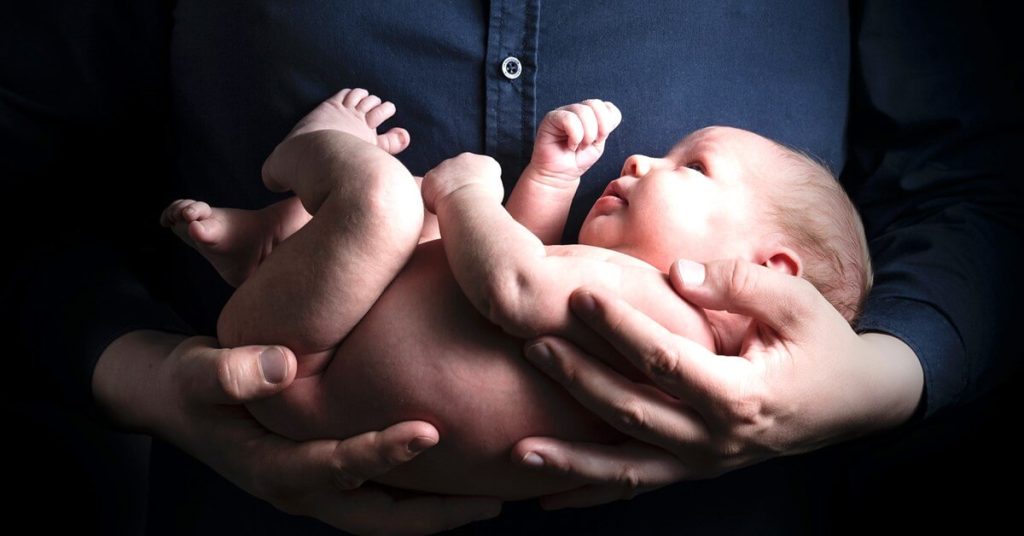Last updated on September 8th, 2023 at 04:23 pm
Pressured by scarcity a mother took her son to sell in the market for $130 in Chittagong and Kairun Nahar, a middle-aged woman who fell in love with a 22 years old man and married, committed suicide because of social shame. Why a mother would sell her son?
A mother in the Khagrachori district of Chittagong took her six years old boy, Ram Krishno, to a nearby market to sell. His mother Sonali Chakma was unable to bear the fang of poverty. As one of those many hit hard by scarcity, and high inflation, Sonali Chakma agreed to sell Ram Krishna for BDT 12,000 ($ 130 as of August 2022). She decided to sell her son while they were already on verge of death from starvation. But while haggling the price, the intervention from the local administration came forward with assistance and the little boy was restored to his mother’s refuge.
By nature, mothers are the last and the ultimate refuge for their children. No mother, no matter how terrible, horrible or worse she is, would desert her children helpless at her own volition. A mother will always, and always does protect her offspring at the cost of her life. Life matters nothing to her while her offspring are in danger. She is the most vital agent in preserving and continuity of the generation of living species.
But mothers selling their children cannot be a new phenomenon. Hit by famine and dry spell like many other families Akila’s mother sold her for $ 75 in Afghanistan, though not because of poverty a woman sold her baby daughter to the highest bidder for 45, 000 pesos in the Philippines this year, being terribly in need of money to feed her other children and herself a Russian mother sold her newborn baby for 250 pounds, desperately in need to keep food in their stomach and roof on their head a family sold four children on auction in 1948, in the black market of Kenya a mother can sell her babies, the Sky News’ report in January 2022 reveals that parents in Afghanistan sell their children and kidneys to feed starving family member, a mother was jailed for seven years for attempting to sell her baby for 35,000 pounds in London, and a couple was arrested in the USA for running advertisement on selling their 5-month old baby for % 3,000 in 2017.
Incidences that mothers sell their children, especially girls, are numerous out there. According to Save the Children, 27% of children account for human trafficking, and 426 million children live in the conflict zone. It found 168 million children in forced labour, 215 million in child labour and 115 million involved in hazardous works while 120 million girl children experience s*xual exploitation. Trafficking is a form of selling that hap pens with the consent of the victims and sold by parents, relatives or acquaintances.
Whether the selling takes place in a remote part of Bangladesh or child trafficking in the USA, the reasons behind are clear: poverty. Aristotle said, “poverty is the parents of revolution and crime”. In poverty people commit a crime, a crime to sustain one’s life. Whether a crime to sustain life should be considered a crime or not is I think a subjective matter. The nineteenth-century leading criminal case, Dudley and Stephens, infer to us that necessity is not a defence to killing and cannibalism. The castaways in the buoyage killed Stephen to him sustain themselves. But not all criminals are poor or because of poverty, some crimes are pure passions.
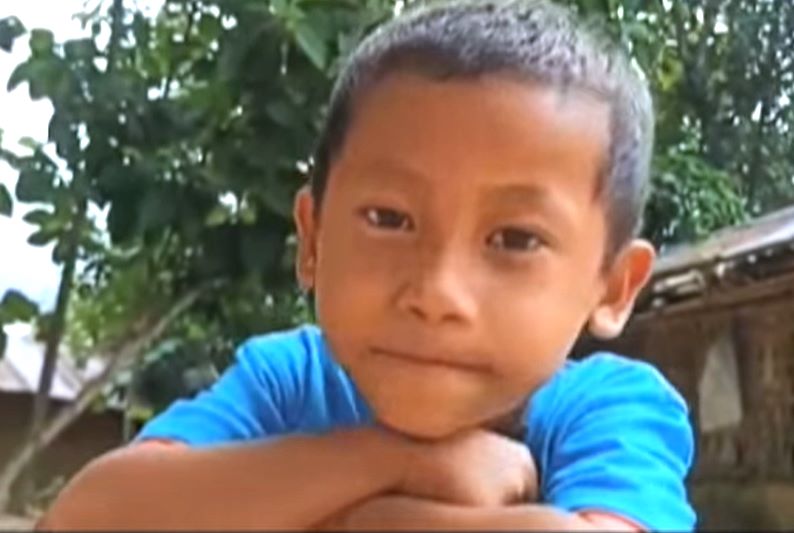
Sonali Chakma’s decision to sell her son in the local bazaar just like any other product to sustain her life makes one wonder if it is an offence. It is a crime just like eating Stephen with consent or selling a human being to slavery. Because no one possesses anybody, whether he/she is a parent or a master. While the question of right or wrong can be left to moral judgement instead of a legal one we must consider the situation the state brought on her and the right it deprived of her.
With the significant improvement in the economy, the State first and foremost must have secured her basic necessities as a Bangladeshi: food, clothing, shelter, education and medical care; the right to work, the right to social security, that is to say, to public assistance in cases of undeserved want arising from unemployment, illness or disablement, or suffered by widows or orphans or in old age, or in other such cases. Clearly, Sonali Chakma was deprived of all of the above. She must have been a widow as well. Who to blame? The State, the well-fed or the alleged?
What the American novelist Herman Melville said rings proper to me when he says, “of all the preposterous assumptions of humanity over humanity, nothing exceeds most of the criticisms made on the habits of the poor by the well-housed, well-warmed, and well-fed.” The world may judge her, the decision on ethical or legal grounds. But necessity knows no laws when the State itself failed her. And hunger has no neighbours, friends and well-wishers. No one hears the cry of hunger. Starvation has no sound, just as prosperity does. Nobody wants to hear hungry people. Well-housed, well-warmed, and well-fed world is deaf to hungry people. What can they do? Committing suicide?
Alas, hungry people have greater immunity. They contain the strongest sense of survival. The ugly face of the hungry people is that they cannot kill themselves. Somehow these vermin don’t die easily, like cockroaches outlived other species for billion years by adapting to the climate, the poor push through to remain poor. But, when well-housed, well-warmed, and well-fed have greed, the poor have hope. Well-housed, well-warmed, and well-fed fail poor. Rich people cannot feel the pain of hunger and the horror of poverty.
The administration, the State, neighbours, friends, and humanitarian organizations remain deaf-and-dumb until the viral culture somehow favours a severely needed person, nowadays. Some just have to wait until one goes viral. Viralism may assuage his owes. Then well-wishers from around swop on him with help, organisational volunteers bearing the names on their T-shirts, politicians with cameras, TV channels, newspapers, pictures, features, selfies, speeches, opinions and sympathy abound.
All for a show, a picture with the viral person. The more show, the more donation, and eventually the game ends. Till then let the poor be cursed for being poor. If a person in need has no publication, circulation, or does not go viral, then there is no help for him.
According to the UN, 690 million people or 8.9 per cent of the world population are living with hunger. However, nearly 10 million people are becoming hungry every year, and it will reach 840 million by 2030 by when the world was supposed to be free of hunger, as per the Sustainable Development Goal (SDG). The World Bank data on Bangladesh shows a significant reduction of poverty in twenty years. Poverty has been reduced from 34 per cent in 2000 to the current 14, but population growth remains steady, from 127,567,862 to the current 165,158,616. The income share of the lowest rungs of the population has decreased to less than 8.6 from 8.9 in 2010.
Paradoxically, the per capita income increased from 418.1 in 2000 to 2,503.4 UDS, which means people who were rich became even richer, not that the number of poor and hunger has been reduced drastically. People like Sonali Chakma around the crying for help which we cannot hear or occasionally ignore to listen until media circulation happen.
Some people like Sonali Chakma yes still have to take heart to sell their children, children as young as five have to collect greens to feed their mother and themselves. Hundreds of NOGs and social organisations are thriving only on their purpose to reduce their own poverty, not that of what they were originally meant for. What Sonali Chakma made up her mind to do with Raam Krishno is heart-breaking, but equally heart-breaking and frustrating that the rich, well-fed and social organisations and the State ahve failed to notice such incidents before it comes to media.
The woman who became a victim of unrequited love
A college teacher and previously married woman, Kairun Nahar, who fell in love with her student Mamun Hossain, 22, allegedly committed suicide after eight months of their marriage. Her husband claimed that Kairun Nahar committed suicide due to the social shaming she was unable to cope with. After the news circulation negative comments from relatives, colleagues, and the netizens drove Kairun Nahar to choose self-annihilation.
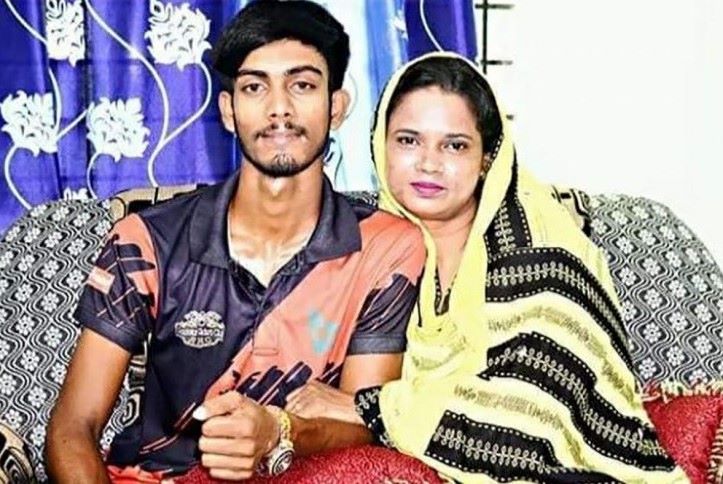
Kairun Nahar was an assistant professor of Khubjeepur Mozammel Hoque Degree College in Gurdaspur subdistrict under Natore districts of Rajshahi Division where Mamun was a student. They fell in love with each other and got married in December 2021 defying family consent and social convention.
The prevailing social context is a man-made system, beneficial for men alone. Dominated by men where women are subordinate species, women live to be comforters for men and machines for procreation. The patriarchal convention requires men to be older than their prospective partners or wives, so they can become the upper hands and women to remain controlled, subdued and submissive to their will.
In doing so a man may not marry a woman who is more educated, economically independent, physically bigger, mature and a woman who understands more than a man. But marrying a comparatively more beautiful woman and from a more economically solvent family is just a strategy to maintain his influence in society and relying on his richer in-laws economically when financial scarcity arises is a survival strategy. Anyways, men remain superior to women in strategizing or in coping mechanisms. A man decides a woman’s movement.
In conventional marriage, wherein brides are chosen either on social status or age, women usually are left with no choice but to marry their suiter to make her family happy as an obedient girl and comply with social norms. In such cases, women are seen to be twice younger than the twice older groom. Unequal age, unequal understanding, unequal social position and unequal expectation begets unrequited love, in the long run.
As per definition ‘Unrequited love (UL) is “unreciprocated love that causes yearning for more complete love.” It’s always one-sided love or attraction where only one side keeps pouring out love and affection without being loved by his/her counterpart. In most conventional marriages wherein, the groom is as old as 90 years old and the bride is as young as 12 years old, most of the married women sleep with their partners against their will to please loved ones or fulfil societal norms.
Society, dominated by men’s whim and patriarchal rules, never considers such an arrangement between a man, who is too old to be equal to his counterpart, and a girl, who is too young to equate herself with her partner, ‘unrequited’ or unequal. To society’s eyes, unrequited or unequal love is marrying a comparatively younger man by a comparatively older woman. When yellow journalism circulated news about Mamun and Kairun Nahar, the patriarchal society started pouring in shame and hurtful comments terming their marriage unequal or their love as unrequited.
The people around Kairun Nahar, including the women who have become accustomed to the norms of patriarchy, began shaming her. As if it was entirely her fault alone. Men, in their case Mamun, did nothing wrong. All fingers raised to her, all the shames she had to bear all alone, being responsible for all questions thrown at her for answers. But psychologists have something to say about unrequited love.
Psychologists agree on the fact that love is one of the most supreme and most desirable experiences of human life. Unrequited love can be distinguished in giving and receiving for happiness. Unrequited love offers the ideal chance to separate the two phenomena, however, because in unrequited love one person gives love and the other is loved. Unrequited love (UL) is “unreciprocated love that causes yearning for more complete love.”
It is caused by inequality in the love expectations of a pair of individuals, whose relationship may be romantic or non-romantic. Typically, one of the two expects more in terms of love from the other person than he or she is willing to give, which results in unreciprocated emotions.
Unrequited love is always one-sided or unreciprocated where one person continues to give love and the other person continues to receive it instead of giving it back to the lover. We must know that Mamun and Kairun Nahar’s marriage was not unrequited. They were just unequal in age. If ‘unrequited’ or uneven cannot be applied to in the case male where his age is 90 and his wife’s 12, then in the case of the female partner whose age is 40 and her husband’s 22, cannot be applicable as well. Because Mamun’s love for Kairun is equally the same love that a 12 years old girl possesses (if there is any at all) for her 90-year-old husband.
It is nothing but the journalism that instigated taking her own life because of the social shaming it garnered across the world dominated by men. Because there are numerous other couples like Mumun and Kairun Nahar who are out of the fang of yellow journalism and living for each other. Our society’s attitude towards love and marriage must be changed just the role of journalism. Making living by exaggeration of news, scandalmongering of people’s private lives, and sensationalising trivial facts by interfering with public lives must be stopped.
People will and must love people, romantically or divinely. Love knows no age or choice. A man or woman can fall in love with anyone she/he loves or finds lovely and loveable desirable. The State has no right to interfere in people’s choices regarding love, life and living as long as it does not interfere with the interests of the state. The people and the society stigmatised love only to push one step further Kairun Nahar to death. Regrettable, our life and death, fame or bad name are depended on the mass. Our individual perceptions and choices mean nothing when we consider the opinion of the mass.
